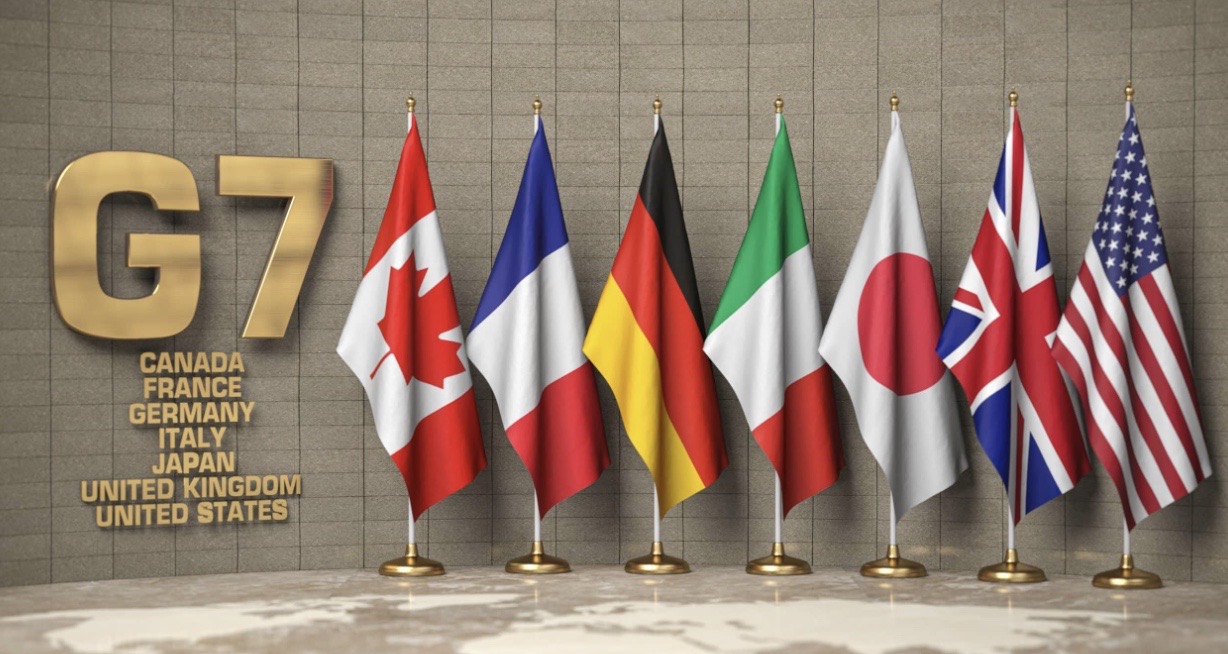Next week, leaders of the G7 countries will discuss the use of the "economic coercion” by China in foreign relations.
The issue will be part of a section of the joint final statement at the end of the May 19-21 summit in Hiroshima, Japan. It will also outline how the world's seven most advanced economies will work together to counter China's economic coercion.
The main declaration of the G7 will include "a specific section on China" with a series of recommendations on China's aggressive economic policies and on other behaviors revealed to be incorrect towards the international community.
A joint statement on economic security will go into detail on the tools to be used.
Among the G7 countries, US President Joe Biden has placed China at the center of American foreign policy because of Beijing's ambitions on the island of Taiwan.
One aspect that should not be overlooked is that among the G7 countries such as Canada, France, Germany, Italy and the United Kingdom there is a close correlation and economic dependence on China.
Last month, China called a statement by G7 foreign ministers that spoke of topics surrounding China's aggressive economic policy "full of arrogance and prejudice against Beijing."
Subscribe to our newsletter!
Compared to the Trump administration, Biden is more direct on issues affecting China.
The joint statement issued each year by all G7 leaders signals the common purpose of the world's powerful on a range of economic issues.
G7 members will also offer the prospect of further cooperation with China on areas such as climate.
"We are not for decoupling the US and Chinese economies, we are for risk reduction, we are for diversification”the US official said. “This principle is very unifying.”
Given the importance of the final joint statement, the various diplomatic sherpas of the foreign delegations are still refining the drafts they exchange with each other.
The G7 meeting will be an important test case for the most important world economies to test the real willingness of their countries to truly undertake common economic guidelines to counter the supremacy and dependence of supply chains on Chinese raw materials.
American policies have been drafted, to this day, to try to deny China's military access to tools it could use to gain technological superiority. It is therefore a priority to limit access to some semiconductors that have objectives of a military nature.
US Treasury Secretary Janet Yellen said on Thursday that China has clearly used economic coercion with Australia and Lithuania.
